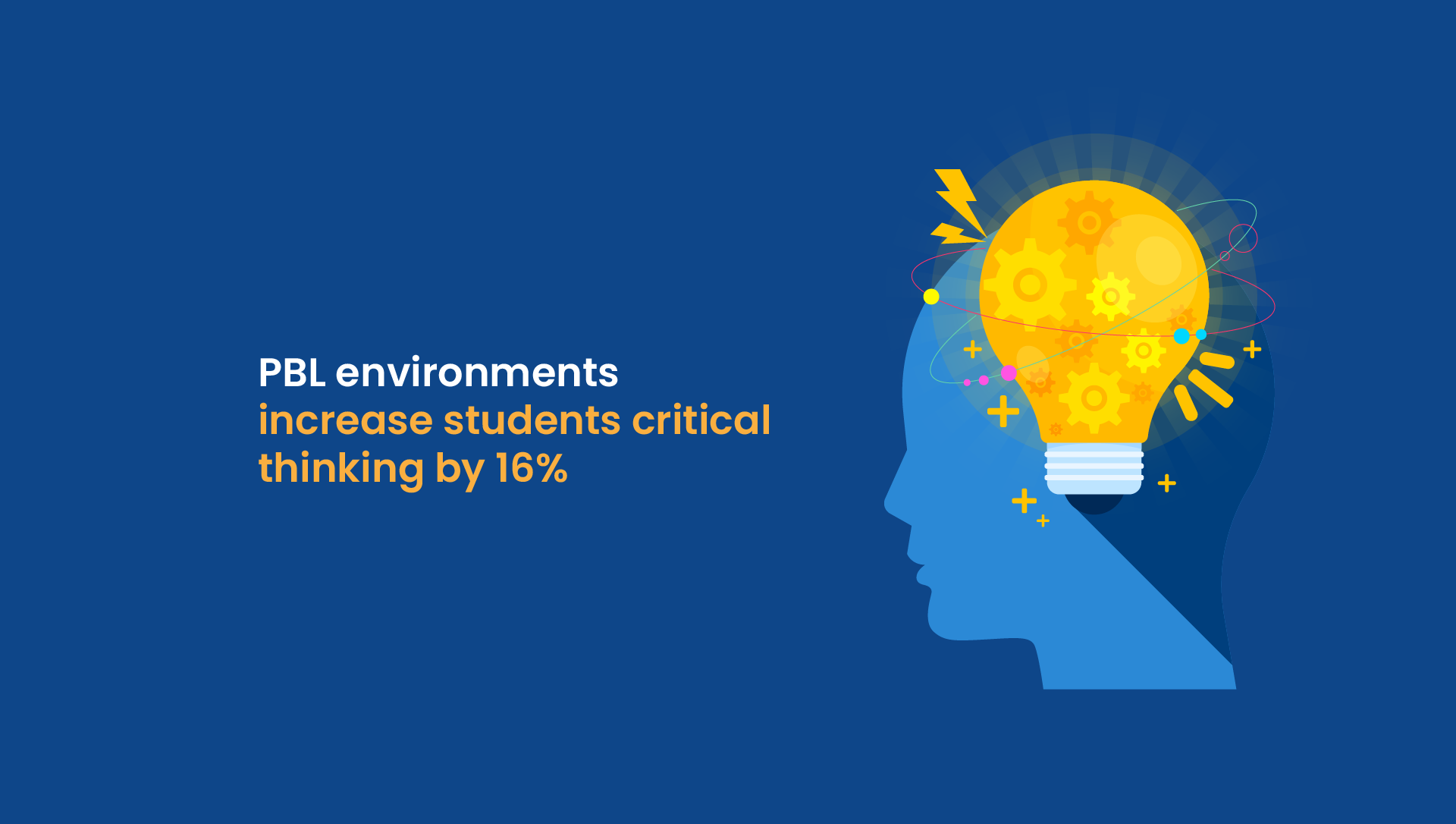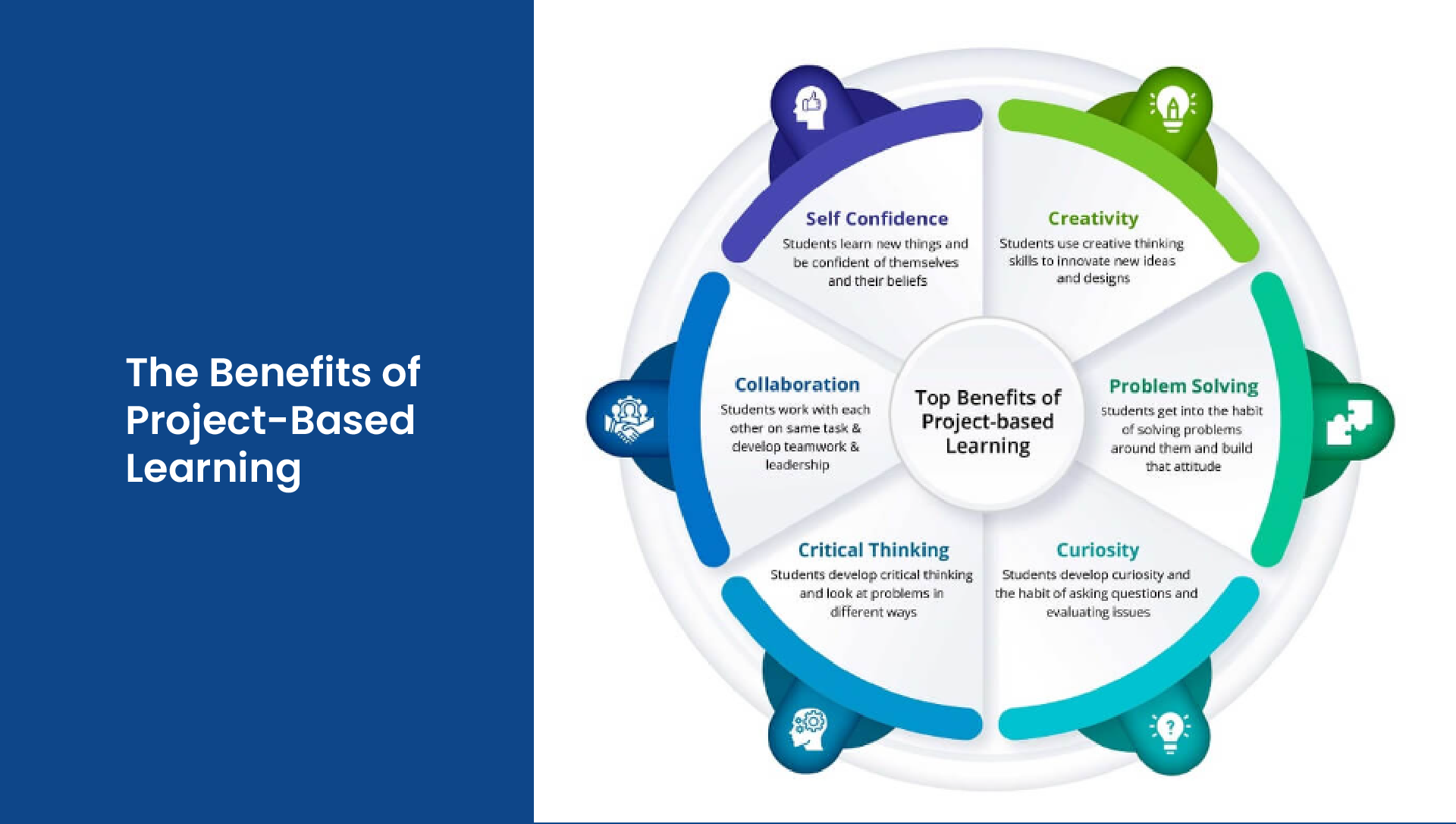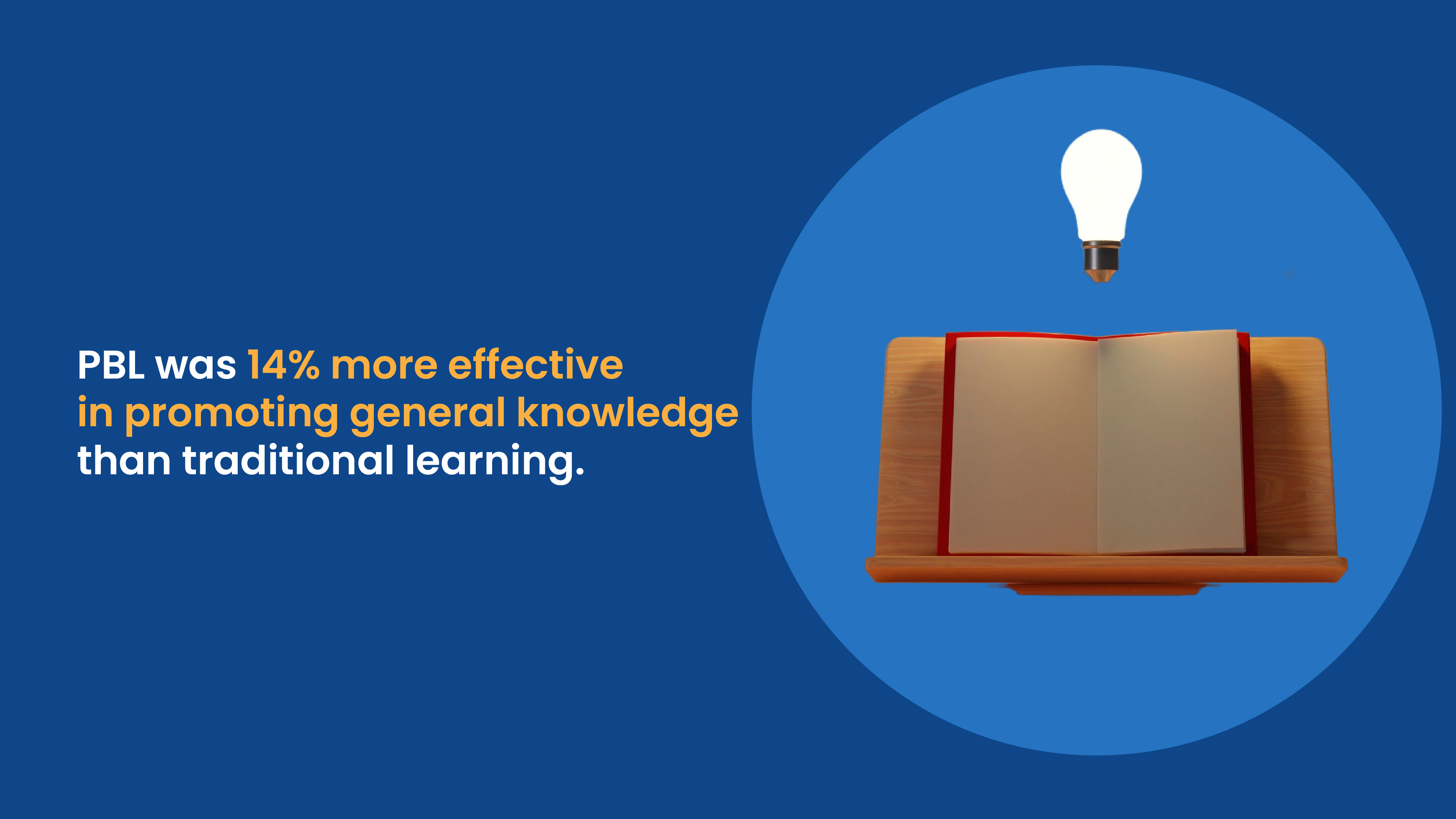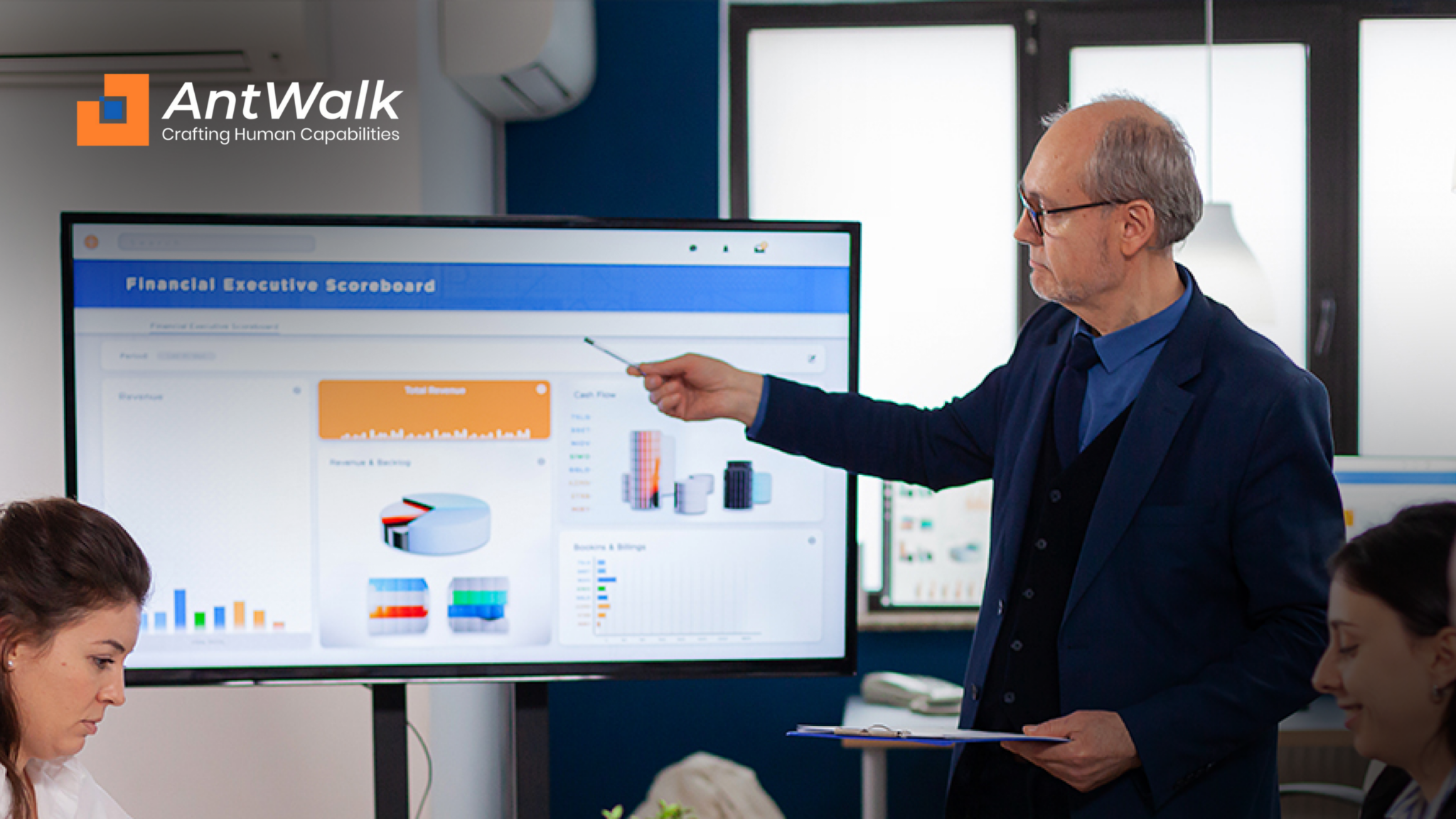In our hyper-accelerated global economy, mastering 21st-century skills such as critical thinking, problem-solving, and adaptability has shifted from being a luxury to a necessity. By 2030, the World Economic Forum predicts automation will displace 800 million jobs globally while creating 950 million new ones. These new roles will demand agility, digital fluency, and the ability to thrive in ambiguity—skills that traditional learning often fails to develop.
The Educational Game-Changer: Project-Based Learning
Project-based learning (PBL) is revolutionizing education. Unlike passive lectures and textbook memorization, PBL immerses students in real-world challenges, requiring them to excavate knowledge, not just consume it. Imagine tackling climate change with scientists, designing apps with tech giants, or crafting solutions for social good with NGOs—all while developing collaboration, communication, and innovation skills.
PBL’s benefits extend beyond soft skills. It sharpens research abilities, ignites creativity, and builds resilience. Studies show that students engaged in PBL demonstrate deeper understanding, superior problem-solving skills, and greater confidence in applying their knowledge. Research by the Buck Institute for Education found that PBL students scored 25% higher on standardized tests in reading and writing compared to their traditionally taught peers.
Beyond the Classroom: PBL in the Workplace
Companies like Google and IBM recognize PBL’s power, incorporating it into employee training programs to cultivate adaptable, future-proof workforces. Are you ready to transform your classroom from a passive knowledge repository into a vibrant hub of innovation and skill-building? If so, equip yourself with the tools to thrive!
What is Project-Based Learning? 
Project-based learning (PBL) is a student-focused approach that integrates knowledge and skill acquisition through complex tasks mirroring real-world problems. This dynamic methodology places students at the center of the learning process, where they actively engage in research and problem-solving to address relevant and challenging questions or issues.
The core principle of PBL is an interactive learning experience. Students aren’t passive recipients of information but active participants in their education journey. The process begins with a driving question or problem, followed by investigation, collaboration, creation, and reflection. As students navigate this process, they acquire academic knowledge and develop essential life skills.
PBL connects students to the real world, making learning more relevant, motivating, and impactful. It’s not just a teaching technique but a paradigm shift in education, revolutionizing how students learn and equipping them with a deep understanding of the subject matter and essential 21st-century skills.
The Benefits of Project-Based Learning

Impact on Competency Development
PBL emphasizes practical application of knowledge, encouraging students to use their skills to resolve real challenges. This approach develops critical competencies needed in the future workplace, such as critical thinking, problem-solving, communication, collaboration, creativity, and digital literacy. By introducing real-world scenarios, PBL enhances adaptability and fosters a resilient approach.
Challenges in Implementing Project-Based Learning
Despite its benefits, PBL implementation poses certain challenges:
- Resource-Intensive: Requires extensive planning, resource allocation, and teacher training.
- Balancing PBL and Testing: Aligning PBL with traditional test preparation can be difficult.
- Assessment Discordance: Measuring PBL-developed competencies with traditional assessments is challenging.
- Limited Resources: Access to necessary technology and expertise might be limited.
- Educator Mindset: Shifting from conventional teaching to PBL demands changes in educators’ mindsets, styles, and skills.
Overcoming the Challenges
Transform challenges into opportunities with strategic approaches:
- Empowering Educators: Upskill teachers with training programs and foster collaboration.
- Sourcing Resources: Build partnerships with local businesses and explore grants and funding.
- Leveraging Technology: Integrate digital tools and stay updated on educational technologies.
- Diversifying Assessment: Utilize portfolios, presentations, and peer evaluations to measure broad competencies.
Conclusion: Embracing Project-Based Learning
Project-based learning revolutionizes education, creating an engaging, hands-on, and meaningful experience that prepares learners for real-world applications. Despite challenges, PBL’s profound impact on students’ competency development is undeniable. As the implementation of PBL gains momentum worldwide, including in India, it signals a positive shift towards a more relevant, practical, and robust learning environment. Embracing PBL is essential for shaping education to meet future demands.
Key Takeaways
- Student-Centered Approach: PBL involves solving real-world problems through projects, developing essential 21st-century skills.
- Critical Skills: Fosters critical thinking, collaboration, communication, creativity, and digital literacy.
- Competency Development: Applies theoretical knowledge practically, preparing students for future workplaces.
- Strategic Planning: Challenges like resource limitations and educator mindset shifts can be addressed through planning, partnerships, and technology.
- Educational Reform: India’s growing economy needs future-proof skills, making PBL essential with government support and initiatives.
Mission:
We help Organizations measure and build Capabilities in line with their Business Priorities. Begin your journey to a more capable organization at AntWalk.














